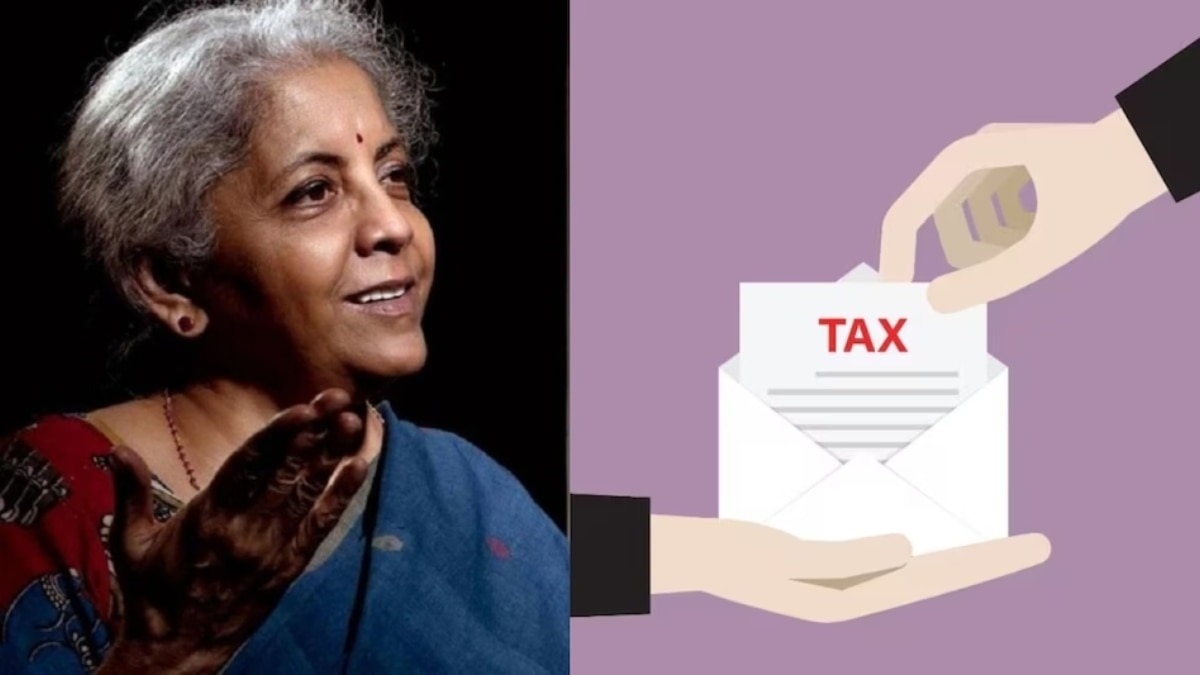Taking forward the key direct tax reform, the Parliamentary Select Committee on the Income Tax Bill, 2025, presented its report to the Lok Sabha on Monday retaining most provisions of the original Bill. However, it has suggested over 285 amendments to offer some relief to small taxpayers and clarity on provisions related to charitable and not-for-profit entities.
Baijayant Panda, Chairperson of the Select Committee, presented the Report of the Select Committee to the Lok Sabha. The Bill was introduced in Lok Sabha on February 13 by Union Finance Minister Nirmala Sitharaman and was referred to the Select Committee the same day. The Committee, comprising 31 Members of Lok Sabha, was tasked with examining the Bill and submitting its report by the first day of the Monsoon Session.
The finance ministry will now go through the recommendations and make suitable amendments, which are likely to be tabled in the ongoing session. It is expected that the Bill could also be passed by both Houses in the current session.
Significantly, the report addresses concerns of charitable and not-for-profit entities by recommending clearer definitions, replacing ‘receipts’ with ‘income’ for tax purposes, and restoring the concept of ‘deemed application’.
The Committee has accordingly recommended to the finance ministry to rephrase the mention of gross total income to adjusted gross total income in Clause 133(2) so as to rectify an omission causing an unintended higher tax liability. It also recognised significant confusion among Non-Profit Organisations, especially those with mixed charitable and religious objectives, regarding the interpretation of ‘wholly for charitable or religious purposes’ in Clause 332. “This ambiguity could lead to uncertainty for existing trusts and those established after 1961, increasing litigation risks,” it has said and has recommended to redraft the clause to resolve this issue.
The Committee also noted Clause 337’s departure from the Income Tax Act, 1961, by imposing a 30% tax on anonymous donations for all NPOs, exempting only those that are wholly religious. This omitted ‘religious-cum-charitable’ trust, a significant category previously exempt under Section 115BBC. “To prevent undue burden and support India’s hybrid NPO sector, the Committee strongly recommended reintroducing a provision similar to Section 115BBC’s explanation, approving Clause 337 subject to this amendment,” it said in a statement.
Further, in a move that could help small taxpayers, the Committee noted that the current mandatory requirement to file a return solely for the purpose of claiming a refund could inadvertently lead to prosecution, particularly for small taxpayers whose income falls below the taxable threshold but from whom tax has been deducted at source. “In such scenarios, the law should not compel a return merely to avoid penal provisions for non-filing,” it noted and has recommended removing sub-clause (1)(ix) from Clause 263 to provide flexibility for allowing refund claims in cases where the return is not filed in due time.
In a major relief to corporate India, the Committee has also recommended an amendment reinstating the deduction in respect of inter-corporate dividends – Clause 200 corresponding to section 115BAA. “The reference to inter-corporate deduction is now made which was absent in the original draft. This is a beneficial change and reduces the tax cost of distributing profits to shareholders,” said Rohinton Sidhwa, Partner, Deloitte India.
Further, corporate losses are allowed for carry forward only where 51% of the beneficial owners of the shares in the year in which loss is incurred continue to remain the same. The term ‘beneficial owner’ now includes an individual who derives benefits directly or indirectly from the shares during the tax year. “This is a new definition,” Siddhwa said, adding that one will now have to look at the ultimate holding of the individual – it may be administratively difficult to obtain such details especially where the shareholder is a fund or similar organisation.
Sandeep Jhunjhunwala, M&A Tax Partner at Nangia Andersen LLP said that on the issue of transition, the Committee has called for eliminating residual references to the Income Tax Act, 1961 to make the new Code self-contained and litigation-resistant. “Although the Ministry of Finance has yet to formally respond to the report, the recommendations clearly reflect a legislative intent to establish a more cohesive, administratively efficient, and jurisprudentially robust direct tax regime,” he underlined.






